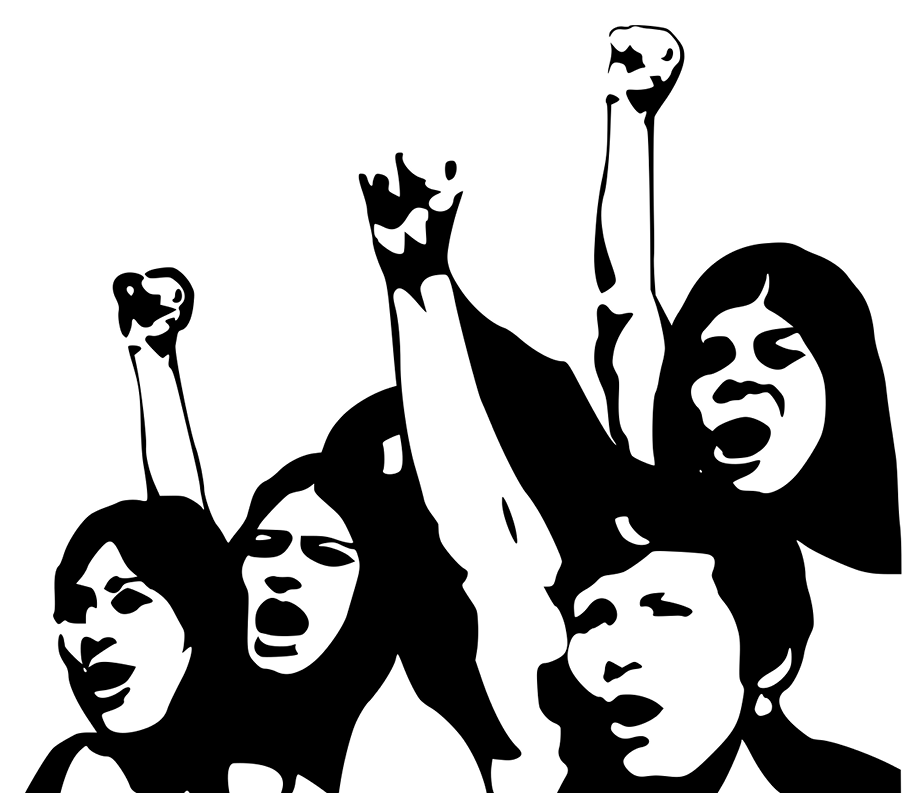Over the past 30 years, South Africa has come a long way in creating a country that respects and honours women’s rights. Today, women are represented in every sphere of society, and even in roles that were previously only the domain of men.
It was however, not always like this. At the dawn of democracy in 1994 we inherited a deeply divided society, with profound socio-economic and racial disparities. Women were mostly relegated to the fringes of society and had no real agency.
We were determined to change the status quo in 1994, and after our first democratic elections, women representation in national Parliament stood at 27.7 percent, compared to a global average of 11 percent at the time. As we enter the Seventh Administration it is pleasing to see that Parliament will be made up of 174 females, which equates to 43.5 percent.

Giant strides have been made across society since 1994 and women continue to take their rightful place in every sphere of society, including former bastions that was once the sole preserve of males. In the justice fraternity, women make up of a third of the Constitutional Court. Furthermore, 48 percent of the bench of the Supreme Court of Appeal comprises of women and in Superior Courts, 40 percent of the judiciary are women at the level of High Court.
As women, it remains our responsibility to continue to write new chapters in our history, and this is ably supported by government policies and legislation. Since the advent of democracy in 1994, we have put policies and laws in place to empower women, to enable them to improve their lives, while closing the gender gap.
This has resulted in South Africa boasting one of the highest female literacy rates in Africa. We have also seen more female learners sit for matric than males and more female learners achieve a Bachelors pass. It is important to note that, when it comes to gender parity in higher education institutions (HEIs), South Africa’s Gender Parity Index (GPI) is among the highest in the world, and fares better than its BRICS counterparts and the average of Organisation for Economic Co-operation and Development countries. Female enrolment rate and Graduation rates for female students remained consistently higher than those for male students.
Ensuring women’s full participation within the economy is essential to achieve equity, prosperity and shared and inclusive growth. To demonstrate the commitment to gender equality, government expanded the access of women to economic opportunity by setting aside 40 percent of public procurement for women-owned businesses. This commitment is monitored to track the number of women participating and benefitting from public procurement process. There is an increase in support for women-owned Small Medium and Micro Enterprises (SMMEs) through the National Empowerment Fund and Small Enterprise Finance Agency, which both provide financial and non-financial support to SMMEs.
As a society we should rightly be proud of all we have achieved since 1994, however we continue to face the scourge of violence against women and children, despite many advances and interventions. Hardly a day goes by without us reading, seeing or hearing about another tragic case of women who have suffered horrific abuse at the hands of trusted partners, or about children that have been violated by adults.
In recognition of the need to do more, government in 2022 signed into law three pieces of legislation to step up the fight against the scourge of Gender-Based Violence and Femicide (GBVF). The new laws also form part of government’s implementation of resolutions of the Presidential Summit against GBVF.
The newly enacted laws are: The Criminal Law (Sexual Offences and Related Matters) Amendment Act Amendment Act 13 of 2022, The Criminal and Related Matters Amendment Act 12 of 2022, and The Domestic Violence Amendment Act 14 of 2022. Recent development includes the enactment of National Council on Gender-Based Violence and Femicide Act in 2024. This act provides a legislative framework towards the establishment of a statutory body National Council on Gender-Based Violence and Femicide (NCGBVF), which will be responsible for providing strategic leadership on the elimination of Gender-Based Violence and Femicide in South Africa.
These laws enhance protection of victims of gender-based violence and make it more difficult for perpetrators to escape justice. They are an affirmation of government’s commitment to fight the scourge of GBVF and advance our 365 Days of Activism against the abuse of women and children.
Laws such as these are designed to empower women and to provide pathways for women to liberate themselves from abusive relationships. Empowering women is one of the important levers in fighting the prevalence of GBVF.
As we commemorate 30 Years of Freedom and Democracy, let us pledge to partner with one another to help in the empowerment of all women in our society. By doing so we can harness the potential of women as an important economic and social driver for more inclusive and sustainable development.¥
Ntando Buthelezi, Deputy Director Research and Knowledge Management, Department of Women, Youth and Persons with Disabilities

 Facebook
Facebook Twitter
Twitter WhatsApp
WhatsApp